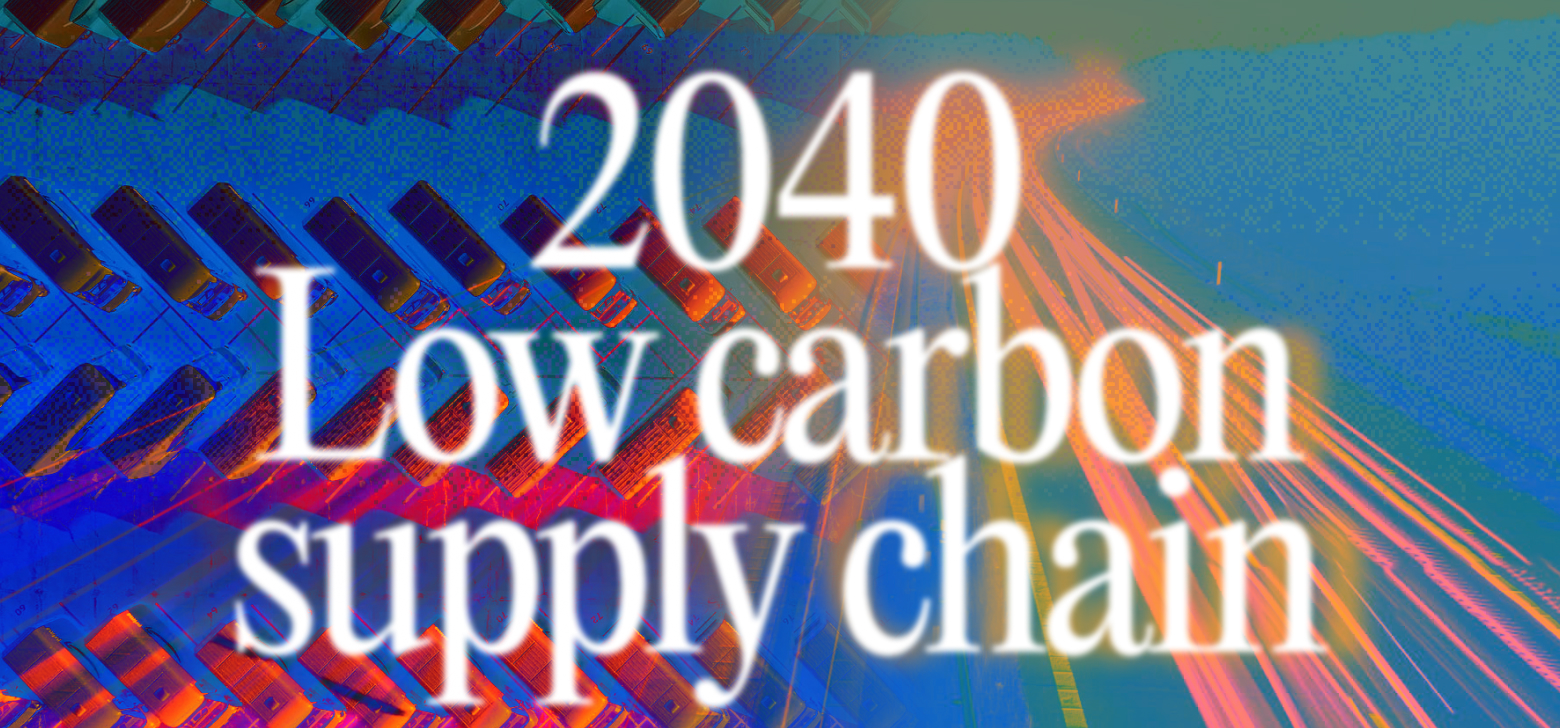Global supply chains play a critical role in corporate carbon footprints, as the emissions from one company’s supply chain are often the direct emissions of another. According to CDP, supply chain emissions are 26 times higher than a company’s operational emissions. Addressing this challenge requires unprecedented cooperation between companies.
The Climate Pledge signatories are reducing supply chain emissions through measures such as optimizing transportation routes, working with suppliers to commit to reductions, collaborating to accelerate zero-emission materials, and creating frameworks for tracking and reporting indirect emissions.
Signatory highlights:
- Amazon, Brooks Running, Philips, Reckitt, Schneider Electric, and Sport-Thieme: Accelerated the commercial deployment of zero-emission shipping solutions as members of Zero Emission Maritime Buyers Alliance.
- Amazon, Fortescue, Johnson Controls, Maersk, Mahindra Group, Microsoft, PwC, Salesforce, and Scania: Joined the First Movers Coalition to target emissions reductions in difficult-to-decarbonize sectors of aviation, ocean shipping, steel and trucking.
- CargoBeamer Group: Cut 85% of transit emissions by replacing up to 36 semi-trailers with just one intermodal train.
- Disfrimur: Started designing a 450-kilometer route for electric trucks.
- Flock Freight: Moved 500 million pounds of freight in shared truckloads in 2023, avoiding 46,700 metric tons of carbon emissions.
- Henkel: Launched a “Climate Connect” engagement program for global suppliers to advance decarbonization through the collection of emissions data, jointly defined actions for reduction, and continuous upskilling.
- Maersk: Rallied 60% of its top 200 customers to commit to science-based targets.
- Mercedes-Benz: Mobilized suppliers representing 84% of Mercedes-Benz's annual purchasing volume to commit to providing net carbon-neutral products by 2039.
- Procter & Gamble: Reduced more than 4 million tons of carbon emissions by getting consumers to adopt cold water washing through its Tide and Ariel brands.
- Reckitt: Improved the accuracy of its Scope 3 measurements by 75 times using generative artificial intelligence.
- Royal Philips: Expected over 50% of its suppliers (based on relevant spend) to be committed to science-based targets by 2025.
- The Pallet Loop Ltd: Committed to removing a quarter of a million tons of wood waste from the construction supply chain annually.


